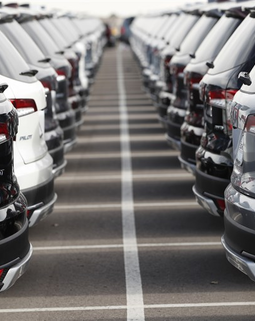In pursuit of ambitious climate goals, Bangladesh aims to unconditionally reduce 3.39 million tonnes of CO2 emissions from road transport by 2030. The Nationally Determined Contributions (NDCs) outline a vision where electric vehicles (EVs) play a pivotal role.
The government has set a target of achieving 30% EV penetration by 2030 and has introduced supportive measures, including guidelines for EV charging and registration. However, challenges persist, particularly in the adoption of electric cars.
Challenges and Consumer Dilemma
While the electric three-wheeler market is thriving, electric cars face hurdles such as high costs, lack of incentives, and inadequate charging infrastructure. Customs and supplementary duties of 72% and 20%, respectively, escalate the import costs of electric cars. Consumer purchasing capacity and motivation remain stumbling blocks, demanding strategic interventions to propel the shift toward electric cars.
Policy Support and Economic Incentives
Drawing lessons from neighboring India, the government could explore strategies to reduce import duties for a defined period, making electric cars more accessible. Additionally, considering tax benefits for electric car owners and waiving environmental surcharges on electric vehicles can stimulate consumer interest and mitigate economic barriers.
Role of Utilities in Charging Infrastructure
Creating demand for electric cars necessitates a robust charging infrastructure. Utilities can play a pivotal role by establishing charging stations, strategically located for convenience during long-distance travel.
While the private sector might find capital expenditure challenging, utilities can view it as an opportunity to enlarge their consumer base and increase revenue. Exploring the integration of solar energy to power charging stations can further align the initiative with sustainable practices.
Government-Utility Collaboration and Monitoring
As the government implements policy measures, a well-coordinated effort is crucial. Continuous monitoring of the impacts on electric car growth ensures adaptive strategies.
Collaboration between the government and utilities becomes imperative, with utilities ready to invest in charging infrastructure. The underutilized power sector capacity adds to the economic motivation for utilities to actively participate in fostering the electric vehicle ecosystem.
In summary, a comprehensive approach, encompassing policy reforms, economic incentives, utility involvement, and vigilant monitoring, is essential to overcome obstacles and steer Bangladesh towards a sustainable and electrified transportation future.





